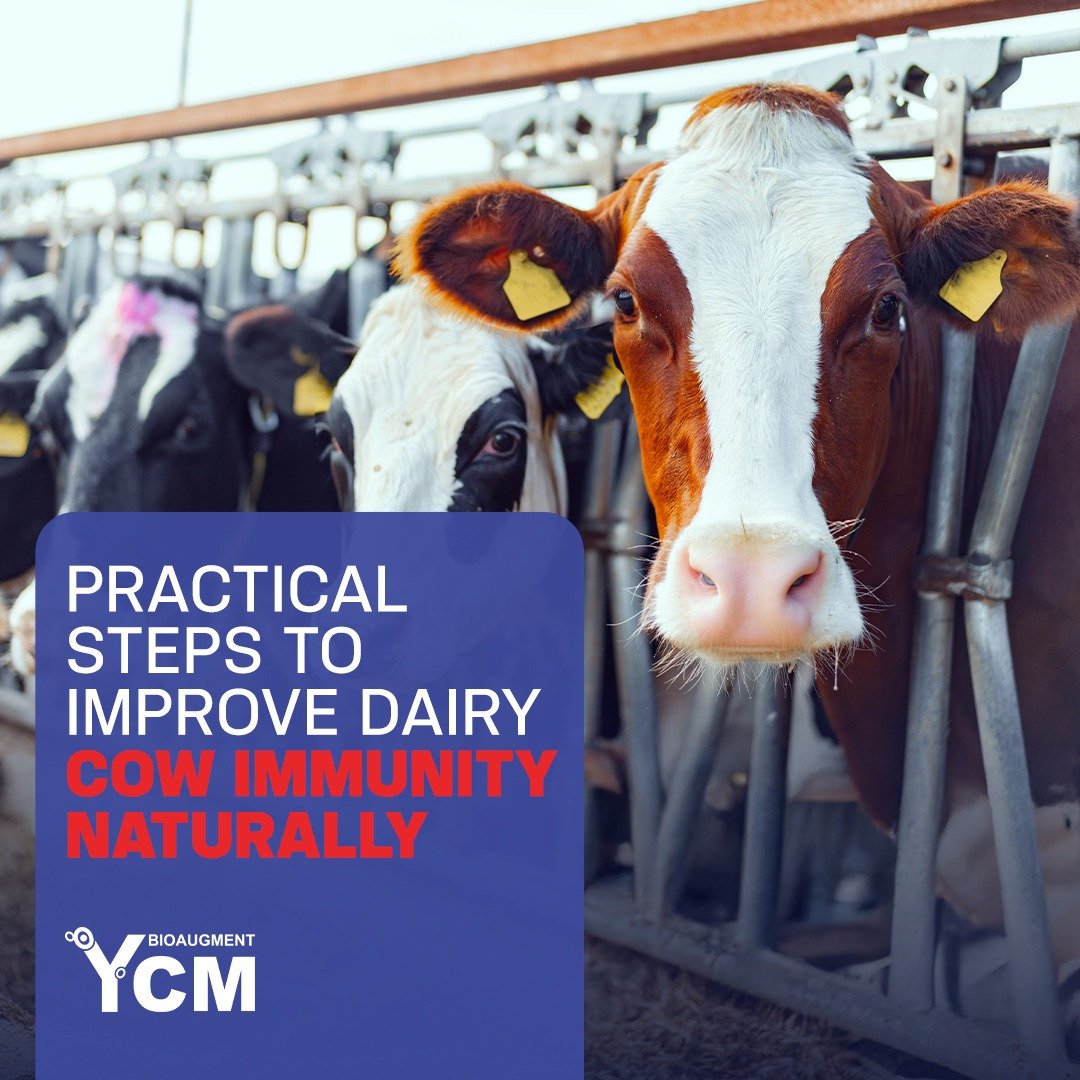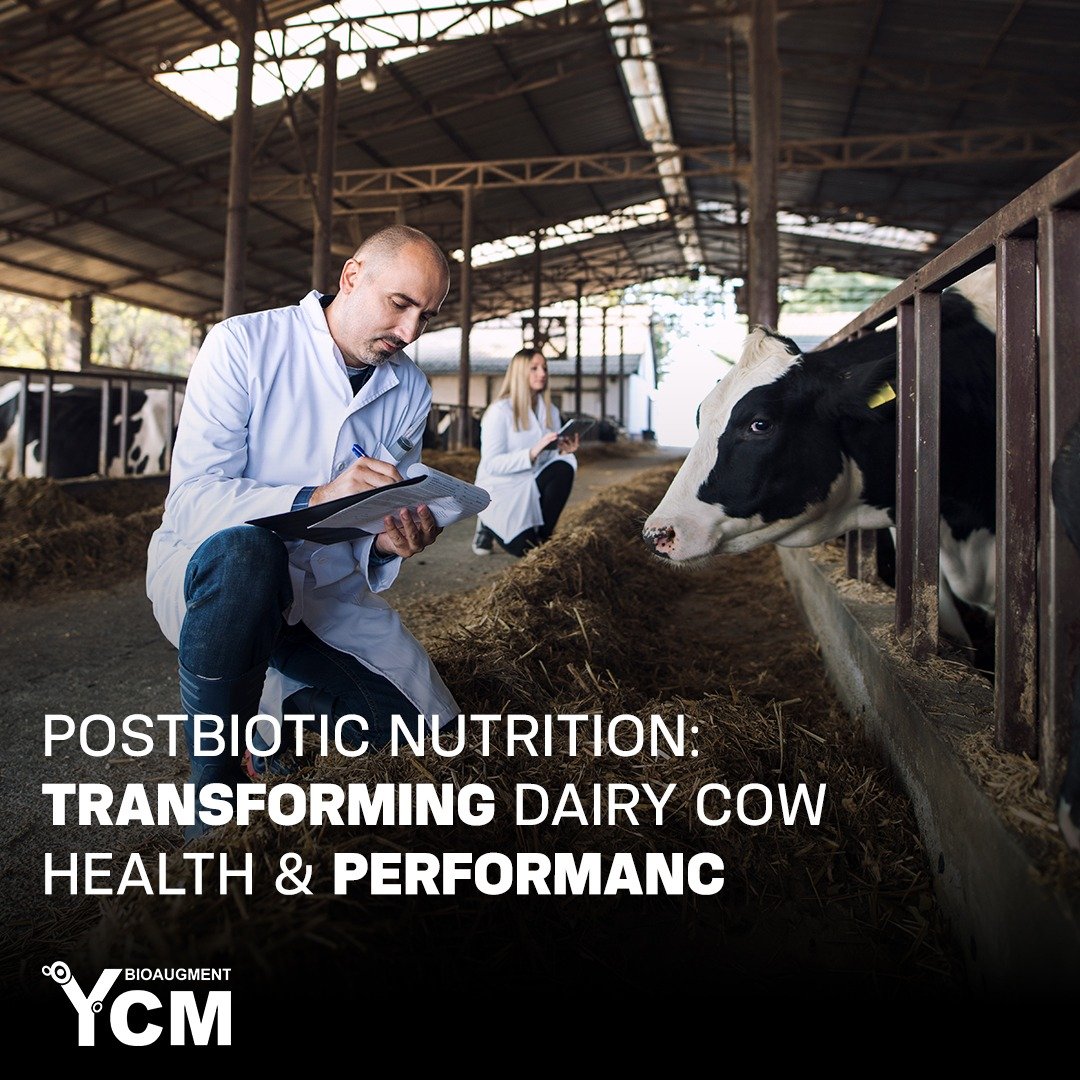Autism spectrum disorder (ASD) is a complex neurodevelopmental condition without a known cure. While behavioral therapies and medications remain central to management, researchers are increasingly exploring complementary approaches. Among these, camel milk has gained attention for its potential benefits in children with autism. Here’s an updated, science-based look at what the evidence says as of 2025.
Why Camel Milk Is Being Studied for Autism
Camel milk is unique among dairy sources. It has a different protein profile compared to cow’s milk — notably lacking certain caseins and β-lactoglobulin — and is rich in bioactive compounds, immunoglobulins, vitamins, and minerals. These features make it a compelling candidate for therapeutic use.
Two main mechanisms are proposed for its potential effects in ASD:
-
Antioxidant Support & Oxidative Stress Reduction
Oxidative stress is implicated in ASD pathology. Studies show that camel milk consumption increases antioxidant biomarkers: glutathione (GSH), superoxide dismutase (SOD), and myeloperoxidase in autistic children. -
Immune Modulation
Research has reported reductions in inflammatory chemokines and changes in immune markers after camel milk intake. For example, a 2-week RCT showed decreases in thymus- and activation-regulated chemokine (TARC) in children who consumed camel milk. PubMed
Additionally, some studies have explored effects on vasoactive intestinal peptide (VIP), an anti-inflammatory neuropeptide, although results have been mixed.
What Clinical Studies Have Found
-
A double-blind randomized clinical trial involving 65 children (aged 2–12) showed statistically significant improvements in behavioral scales (CARS, SRS, ATEC) after 2 weeks of camel milk consumption versus a cow’s milk placebo.
-
A meta-analysis of 5 RCTs (299 children) found qualitative improvements in social behavior and biomarkers (anti-inflammatory, antioxidant), though the change in CARS score was not statistically significant overall.
-
Another study found that both raw and boiled camel milk increased levels of glutathione and SOD, supporting its role in reducing oxidative stress in ASD. PubMed
-
An overview article noted concerns around study sizes and methodology but pointed out camel milk’s content of minerals (e.g., zinc, magnesium) and small immunoglobulins as biologically relevant.
Potential Benefits of Camel Milk for Autism
-
Behavioral Improvements: Some children showed reduced irritability, improved social interaction, and better attention.
-
Antioxidant Effects: Increased plasma glutathione and other antioxidant enzymes may help counter oxidative damage.
-
Anti-Inflammatory Action: Lower TARC levels suggest reduced immune activation. PubMed
-
Immunoregulatory Effects: The presence of immunoglobulins and bioactive peptides could support immune balance. PMC
Important Caveats & Limitations
-
Sample Size & Duration: Many clinical trials are small (e.g., 2-week interventions) and lack long-term follow-up.
-
Statistical Significance: While some behavioral and biomarker changes are promising, meta-analyses have not consistently shown significant improvements on standard autism scales (e.g., CARS). PubMed
-
Raw vs Boiled Milk: Different studies use raw or boiled camel milk, which may affect bioactive protein content.
-
Safety Considerations: Raw milk carries risk of bacterial contamination. Some studies note camel milk is generally well-tolerated, but long-term safety data in ASD is limited. EMRO Dashboards
-
Not a Substitute for Therapy: Camel milk should not replace evidence-based autism therapies (behavioral interventions, medical treatment).
What Researchers Recommend for the Future
-
Conduct larger RCTs with more participants and longer durations. PMC
-
Standardize camel milk type (raw vs boiled) and dose across studies.
-
Explore mechanisms in more depth (immune pathways, neuroinflammation, gut-brain axis).
-
Monitor long-term safety and tolerability in autistic populations.
Conclusions
-
Camel milk shows potential as a complementary therapy in autism due to its antioxidant, immunomodulatory, and anti-inflammatory properties.
-
Early clinical evidence points to behavioral improvements and changes in oxidative stress markers, though more rigorous research is needed.
-
Parents and caregivers interested in camel milk should consult medical professionals and consider it only as an adjunct, not a replacement, to standard autism care.





